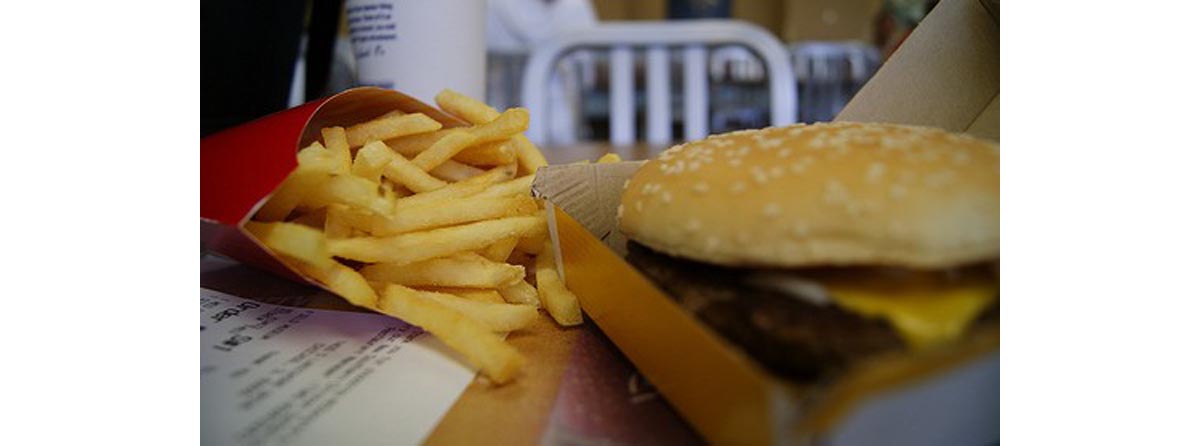Table of Contents
Simple – overestimate
It might seem like an incredibly simplistic approach, but it’ll certainly work.

You can almost guarantee that when your food is being prepared, they’ll be more dressing, oils, butter, condiments and sugar added than you’d use yourself. A good rule of thumb is to roughly guess what you think the calorie count would be of an equivalent meal you’d make at home and add 20% to it.
Use Restaurant Guides
They might be well hidden, or kept behind the counter, but nearly all fast food joints do keep nutrition guides on the premises. They may make for grim reading, when you see just how many calories you’re eating right there in black and white, and it’s possible the data will vary to what you’re actually eating, but it will give you a much better indication than just guessing yourself.
If there aren't any nutrition guides available, check the restaurant’s website, or look for similar items from other chains. A bacon cheeseburger with fries from Burger King will be more or less the same in terms of calories, protein, carbs and fat as the same meal in McDonalds, or wherever else you go.
Order Low Calorie Options
Fast food salads are notorious for not being as healthy as you might think, but it’s still a better option to go with one of these, or a lower-fat chicken or fish burger. If you know your calorie estimate will be under by about 20 percent, then 20 percent of a 500 calorie salad is a lot better than 20 percent of a 1,500 calorie burger meal.
Make Requests
If you don’t want your meal drowning in mayo or ketchup, just ask.
Fast food restaurants may not be fine dining, but you can still ask for your order to be cooked slightly differently. When there’s mayo on a burger bun, it’s very difficult to know if there’s half a tablespoon, a whole tablespoon, or a full ladle’s-worth on there. If you ask them to hold the dressings and sauces or serve them on the side, you eliminate unnecessary calories.
Embrace Flexibility
The idea of counting calories as opposed to banning or eliminating certain foods from your diet is that it allows you to have a huge amount of flexibility in terms of eating out. Nothing is banned, provided you count it and it fits your calorie requirements for the day.
If eating fast food is only something you do once in a blue moon, then slightly underestimating your calories isn't the end of the world. While you want everything to be as accurate as possible, unless you’re preparing for a bodybuilding show or are only a few weeks away from a photo shoot, going slightly over your intake once every couple of weeks won’t harm your progress.
This isn't an excuse to recklessly disregard your calorie targets, thinking it won’t matter, but the stress you’ll cause by fretting over potentially eating an extra 100 calories will likely do your weight loss more harm than the extra food.
- Photo courtesy of _pdra by Flickr : www.flickr.com/photos/pdra/2372019111/
- Photo courtesy of Aneil Lutchman by Flickr : www.flickr.com/photos/aneil4lom/7043886943/


Your thoughts on this